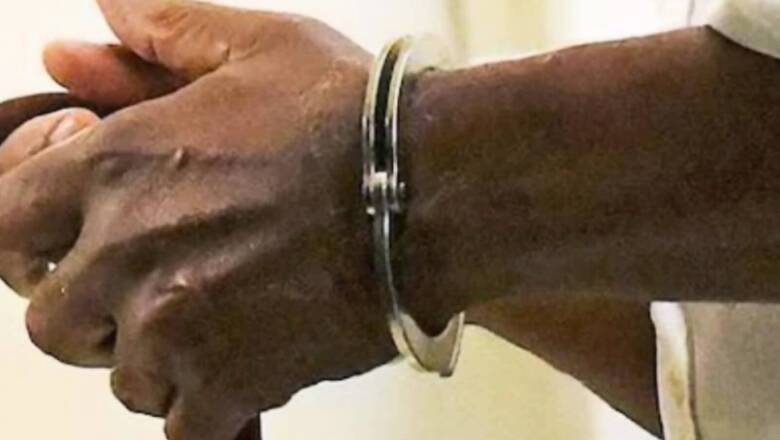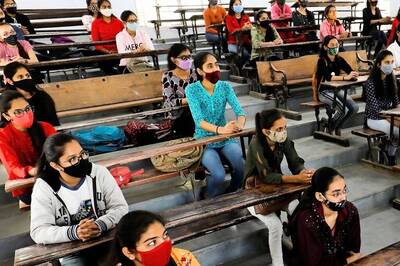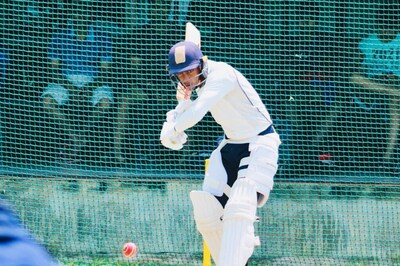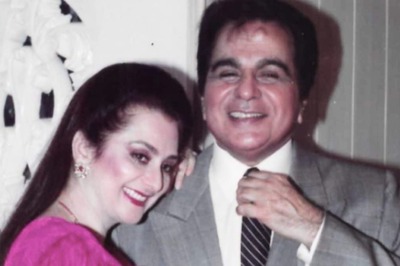
views
An undertrial prisoner cannot be detained in custody for an indefinite period and the object of jail is not punitive or preventive, the Delhi High Court has said while granting bail to a man accused of cheating.
Justice Amit Mahajan observed that the maximum punishment for offences alleged against the accused, who was in custody for two years, was seven years, and he cannot be made to spend the entire period of trial in jail especially when the trial is likely to take considerable time and further incarceration would deprive him of his right to legal defence.
The judge added that the object of jail is to secure his appearance during the trial and it is not punitive or preventive and the deprivation of liberty has been considered as a punishment.
The accused was arrested in relation to an FIR for alleged commission of offences under the Indian Penal Code, including cheating, and the Information Technology Act.
The FIR alleged that a person had been dishonestly induced to deposit Rs 39 lakh in the bank account provided by the accused persons on the pretext of receiving the insurance policy bonus amount and the insurance gratuity value on the lapsed insurance policies from certain years.
“The undertrial prisoners cannot be detained in custody for an indefinite period. The speedy trial in the present case does not seem a possibility. Keeping the applicant in further incarceration would cause deprivation of his right to legal defence,” the court said in a recent order.
“The maximum punishment for offences alleged against the applicant is seven years and the object of jail is to secure the appearance of the accused persons during the trial. The object is neither punitive nor preventive and the deprivation of liberty has been considered as a punishment.
“The applicant cannot be made to spend the entire period of trial in custody especially when the trial is likely to take considerable time,” the court added.
The court directed the release of the accused, subject to certain conditions, on a bail bond of Rs 50,000 with one surety of the like amount.
In its order, the court stated that the Supreme Court has, from time to time, laid down the parameters for grant of bail in relation to offences where the maximum punishment is seven years and if the accused satisfies the “triple test” for grant of bail, he may be given the relief.
The court noted that in the present case, the co-accused persons, who had a similar role, were already on bail and once the majority of the co-accused are out, it cannot be argued that it is only the present accused against whom there is an apprehension of evidence tampering or influencing the witnesses.
It added that the accused has two minor children and therefore the apprehension of him absconding was only a “bald assertion”.
Read all the Latest India News here




















Comments
0 comment